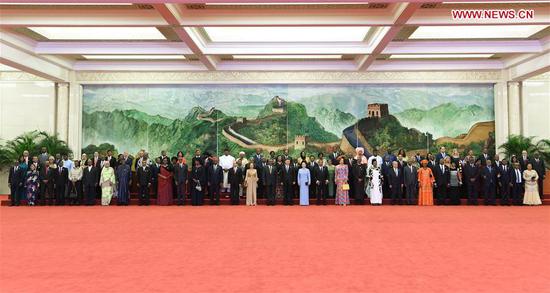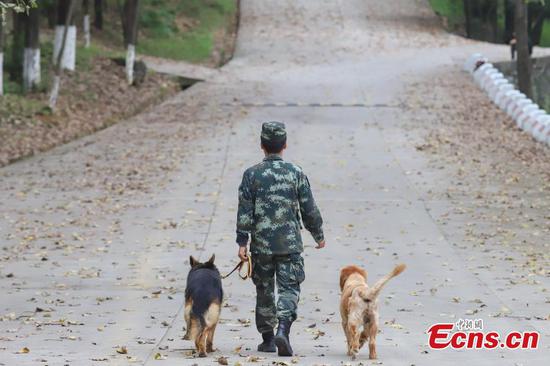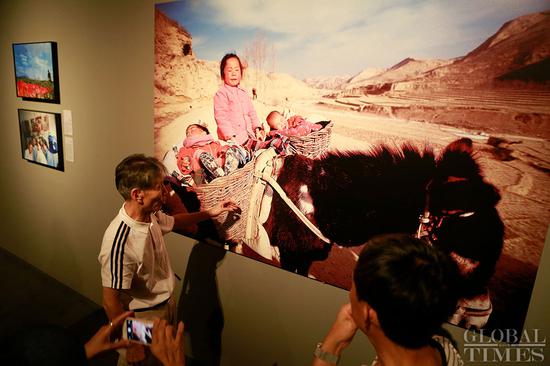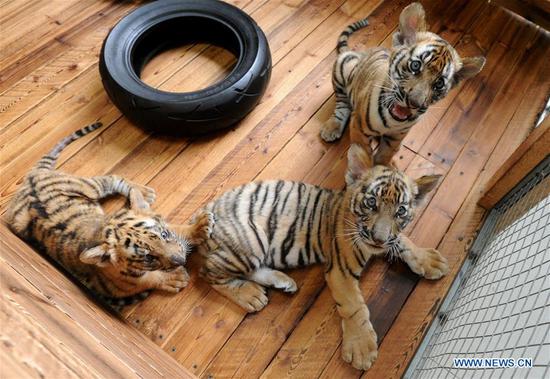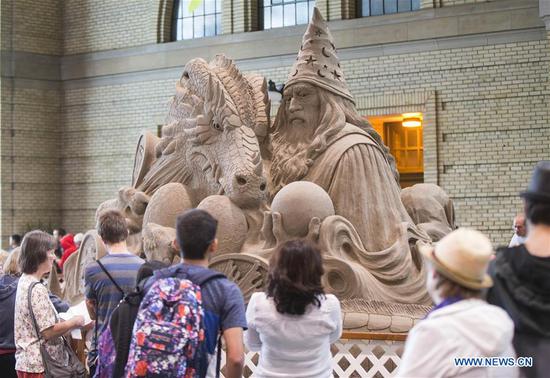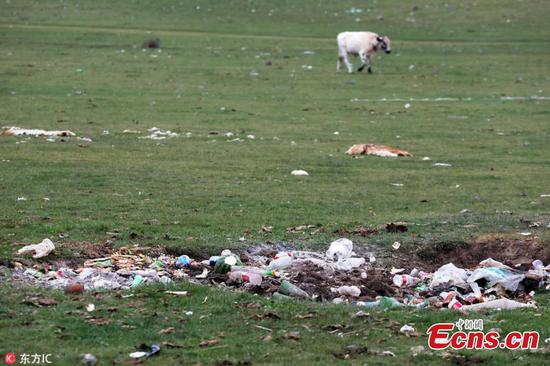A study published on Monday in the Proceedings of the National Academy of Sciences showed that 21-month-old infants could distinguish between respect-based power asserted by a leader and fear-based power wielded by a bully.
Researchers from University of Illinois at Urbana-Champaign analyzed infants' eye-gazing behavior, a standard approach for measuring expectations in children too young to explain their thinking to adults.
This "violation-of-expectation" method relies on the observation that infants stare longer at events that contradict their expectations.
In the study, the researchers led by psychology professor Renee Baillargeon developed a series of animations depicting cartoon characters interacting with an individual portrayed as a leader or a bully.
Baillargeon first tested how adults, which are undergraduate students at the University of Illinois, responded to the scenarios and found that the adults identified the characters as intended. Next, she measured the eye-gazing behavior of infants as they watched the same animations.
"In one experiment, the infants watched a scenario in which a character portrayed either as a leader or a bully gave an order ("Time for bed!") to three protagonists, who initially obeyed," Baillargeon said.
"The character then left the scene and the protagonists either continued to obey or disobeyed," said Baillargeon.
The infants detected a violation when the protagonists disobeyed the leader but not when they disobeyed the bully, Baillargeon found.
This also held water in a second experiment that repeated the scenarios but eliminated previous differences in physical appearance between the leader and the bully.
"In general, when the leader left the scene, the infants expected the protagonists to continue to obey the leader," Baillargeon said.
"However, when the bully left, the infants had no particular expectation: The protagonists might continue to obey out of fear, or they might disobey because the bully was gone. The infants expected obedience only when the bully remained in the scene and could harm them again if they disobeyed."
The new findings confirm earlier studies showing that infants can detect differences in power between individuals and expect those differences to endure over time, Baillargeon said.
"Infants understand that with leaders, you have to obey them even when they are not around; with bullies, though, you have to obey them only when they are around," she said.













